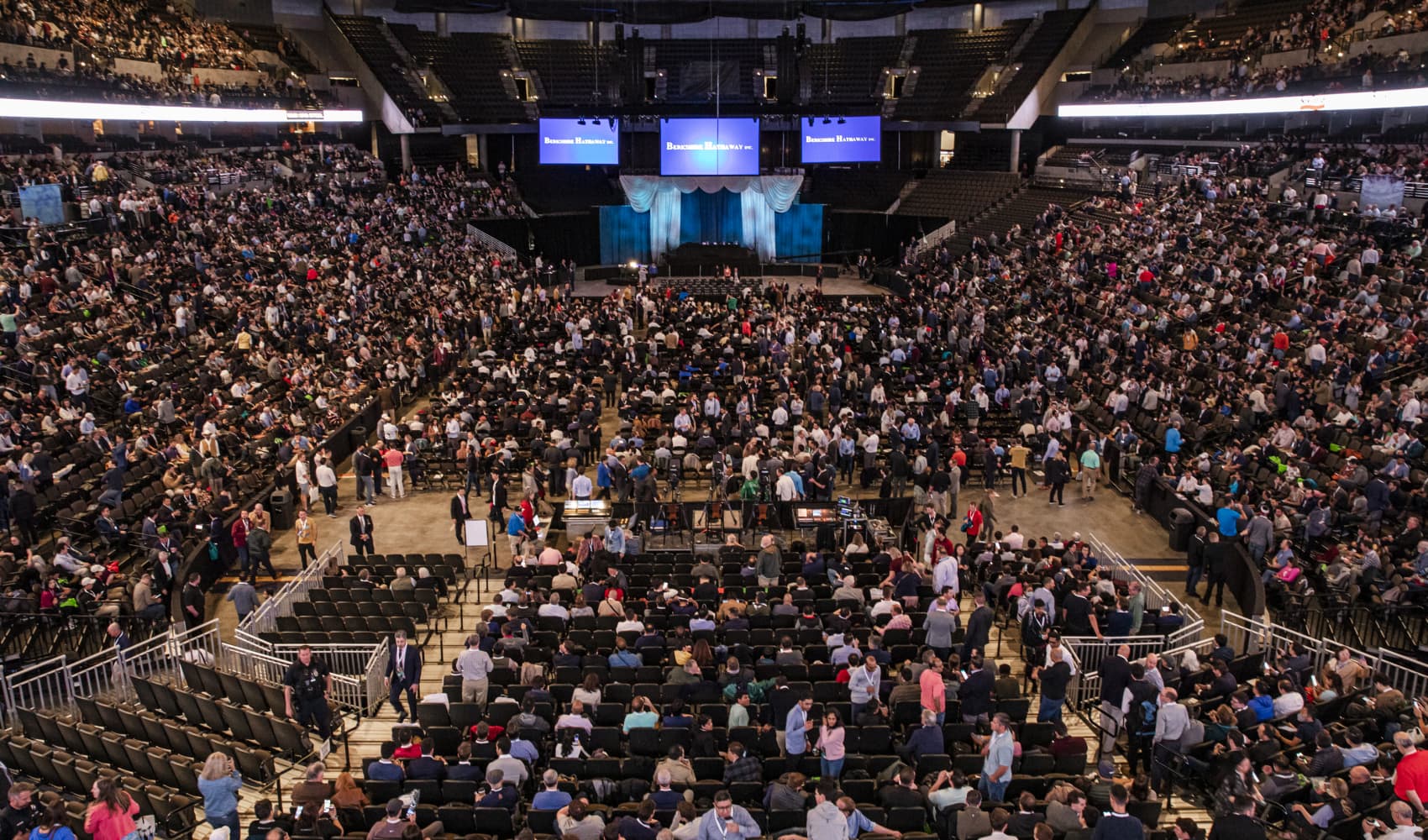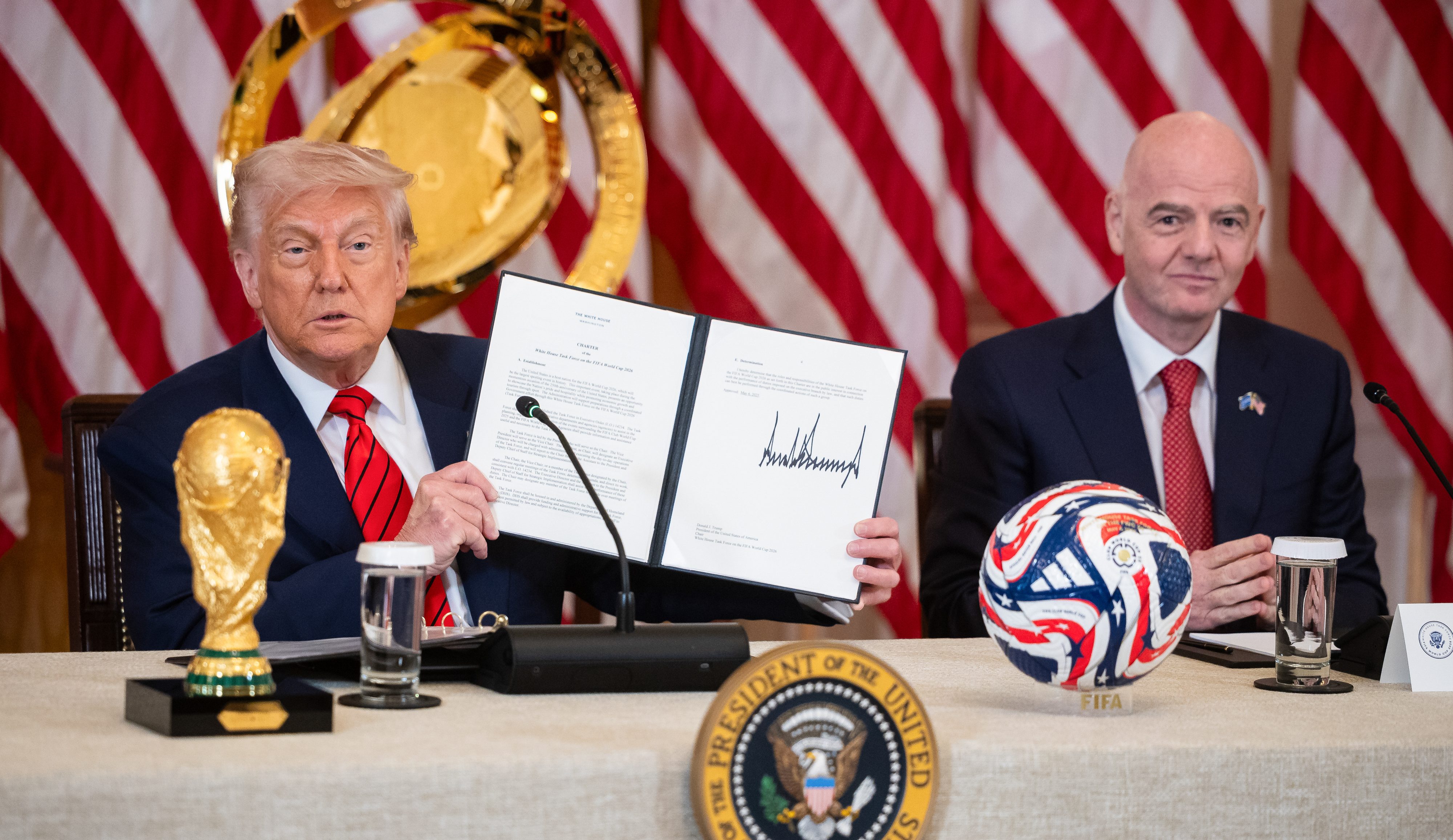Berkshire Meeting Puzzle: Foreign Investors' Omaha Dilemma
Foreign Investors' Omaha Pilgrimage: New Headwinds at Berkshire's Meeting?
Introduction: A Changing Landscape for Buffett's Believers
For decades, the Berkshire Hathaway annual meeting – Warren Buffett's self-proclaimed "Woodstock for Capitalists" – has been a magnet for investors from around the globe. They flock to Omaha, Nebraska, from as far away as China and Europe, eager to soak in the wisdom of the Oracle of Omaha. But this year, something's different. The pilgrimage faces a new set of challenges, particularly for our international friends. Is the allure of Buffett still strong enough to overcome these obstacles? Let's dive in and explore the complexities.
Navigating Geopolitical Tensions: A New Worry for Global Investors
Xin Jin, a Chinese investor from Guangzhou, embodies this new reality. A devoted follower of Buffett since 2012, when he invested half his assets in Berkshire Hathaway's stock, Jin is now hesitant to make the trip. Like him, many international shareholders are weighing the excitement of the meeting against the anxieties of traveling in the current global political climate. This sentiment, echoed by other Chinese investors, highlights a significant shift in the international participation dynamic. Could geopolitical tensions cast a shadow over what was once a purely celebratory event?
The Unnamed Shanghai Investor's Dilemma
Another example is a consumer-focused Chinese investor in Shanghai, who wished to remain anonymous. Despite having attended the annual meeting three times previously, this year, they chose to stay home, citing the "hostile political environment" as a major deterrent. This reluctance speaks volumes about the impact of global affairs on individual investment decisions and travel plans. Are these concerns simply isolated cases, or do they represent a broader trend affecting international attendance?
Decoding the Reluctance: Beyond Politics
While political tensions certainly play a role, it's important to consider other factors that might be contributing to the hesitation among international shareholders. These could include:
- Visa restrictions and processing times: Obtaining travel visas can be a time-consuming and often unpredictable process, especially for travelers from certain countries.
- Increased travel costs: The rising costs of flights and accommodation could make the trip to Omaha less appealing, particularly for smaller investors.
- Alternative ways to participate: Live streams and online resources might offer a convenient alternative to attending the meeting in person.
The Power of Buffett: Why Omaha Still Matters
Despite these challenges, the annual meeting continues to hold immense value for many investors. Buffett's insights, the opportunity to network with like-minded individuals, and the unique atmosphere of the event are all compelling reasons to make the journey. For many, it's more than just a meeting; it's a pilgrimage to the heart of value investing.
The Allure of Value Investing: Buffett's Enduring Legacy
Buffett's investment philosophy, rooted in value investing principles, continues to resonate with investors worldwide. His emphasis on long-term thinking, ethical business practices, and understanding the fundamentals of a company has earned him a loyal following. The annual meeting provides a rare opportunity to hear directly from Buffett about his investment strategies and outlook on the market.
The Networking Effect: Connecting with Fellow Shareholders
Beyond Buffett's wisdom, the annual meeting offers invaluable networking opportunities. Investors from diverse backgrounds and geographic locations come together to share ideas, discuss market trends, and build relationships. These connections can be just as valuable as the insights gained from the official proceedings. Imagine the conversations that spark, the partnerships that form, and the investment opportunities that arise from these interactions.
Omaha's Transformation: From Small Town to Investment Mecca
The annual meeting has transformed Omaha from a relatively unknown city into an international investment hub. Local businesses benefit from the influx of visitors, and the city gains global recognition as the home of Berkshire Hathaway. The meeting has become a significant economic driver for the region, showcasing the impact of Buffett's influence.
Berkshire Hathaway's Performance: A Report Card for Investors
The meeting provides a platform to review Berkshire Hathaway's performance over the past year. Shareholders get a detailed analysis of the company's various business units and a glimpse into its future plans. This transparency and accountability are key elements of Buffett's approach to corporate governance. Are the company's recent earnings reports meeting investor expectations?
Beyond the Numbers: Understanding Buffett's Philosophy
While the financial aspects of the meeting are important, it's the underlying philosophy that truly captivates attendees. Buffett's emphasis on ethical behavior, long-term thinking, and avoiding irrational exuberance provides a valuable counterpoint to the often-frenzied world of finance. His wisdom extends far beyond investment strategies; it encompasses principles for living a successful and fulfilling life.
The Next Generation of Buffett Followers: Will They Make the Trip?
As Buffett approaches his 90s, the question of succession looms large. The future leadership of Berkshire Hathaway will play a crucial role in maintaining the company's culture and performance. Will the next generation of investors be as drawn to Omaha as their predecessors? The answer to that question will depend on the ability of the new leadership to uphold Buffett's values and continue to deliver strong results.
The Evolving Digital Landscape: Online Participation and Its Limits
In today's digital age, many investors may opt to participate in the annual meeting remotely via live streams and online resources. While this offers a convenient alternative, it lacks the personal connection and networking opportunities that come with attending in person. Can online participation truly replicate the experience of being in Omaha, surrounded by fellow Buffett enthusiasts? I think not.
Travel Logistics: Overcoming Hurdles for International Attendees
For those who do choose to make the trip, navigating the logistics of international travel can be challenging. Obtaining visas, booking flights and accommodations, and dealing with currency exchange rates can all add to the complexity. Providing resources and support to international attendees can help to ease these burdens and encourage greater participation.
The Future of the Omaha Pilgrimage: Adapting to Change
The Berkshire Hathaway annual meeting will undoubtedly continue to evolve in response to changing global dynamics and technological advancements. While the core principles of value investing and Buffett's wisdom will remain constant, the way in which investors participate may continue to shift. Adapting to these changes will be essential to ensuring the long-term success of the event. The question is, how can Berkshire Hathaway make sure it remains accessible to everyone?
Maintaining the Magic: Preserving the Essence of the Meeting
Despite the challenges and changes, it's crucial to preserve the unique atmosphere and essence of the Berkshire Hathaway annual meeting. The opportunity to learn from Buffett, connect with fellow investors, and experience the down-to-earth culture of Omaha is what makes the event so special. Ensuring that these elements remain central to the meeting will be key to its continued success.
Conclusion: Navigating the New Landscape
The Berkshire Hathaway annual meeting remains a significant event for investors worldwide, but geopolitical tensions, travel logistics, and evolving digital landscapes present new challenges, especially for foreign shareholders. While some may be deterred, the enduring appeal of value investing, the opportunity for networking, and the unique experience of the meeting continue to draw a dedicated following. As the world changes, so too must the approach to this annual pilgrimage. It will be interesting to see how these factors shape the future of Buffett's "Woodstock for Capitalists." Will you be there next year?
Frequently Asked Questions (FAQs)
Here are some frequently asked questions about attending the Berkshire Hathaway annual meeting:
- Q: How do I get tickets to the Berkshire Hathaway annual meeting?
A: You need to be a shareholder of Berkshire Hathaway Class A or Class B stock. Each shareholder is entitled to a limited number of tickets, typically one per share owned up to a certain limit. Details are usually included in the proxy statement sent to shareholders.
- Q: When is the best time to book flights and accommodations for the meeting?
A: As early as possible! Omaha hotels and flights fill up quickly, so booking well in advance (6-12 months) is highly recommended to secure the best rates and availability.
- Q: What visa requirements are there for international attendees?
A: Visa requirements vary depending on your nationality. It's essential to check with the U.S. embassy or consulate in your country well in advance of the meeting to understand the specific requirements and processing times. Apply early to avoid any last-minute issues!
- Q: What are some alternative ways to participate in the meeting if I can't travel to Omaha?
A: Berkshire Hathaway typically provides a live stream of the meeting on its website. You can also find summaries and analyses of the meeting from various financial news outlets.
- Q: What kind of clothing should I pack for the trip?
A: The dress code is generally casual. Comfortable shoes are a must, as you'll likely be doing a lot of walking. Omaha weather in May can be unpredictable, so it's a good idea to pack layers to be prepared for anything.

